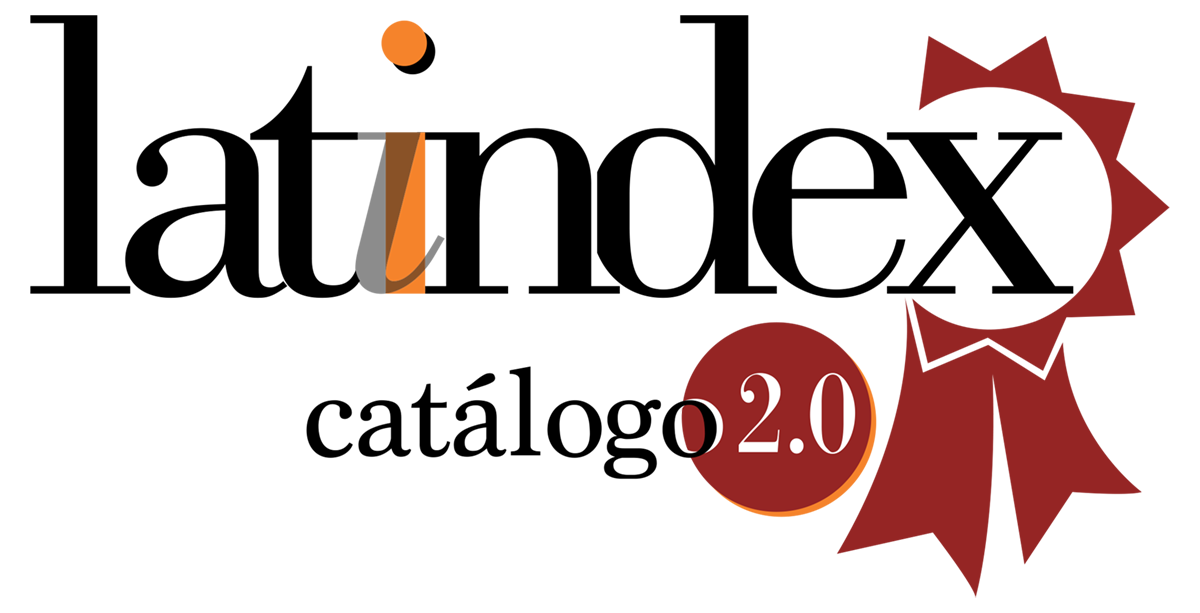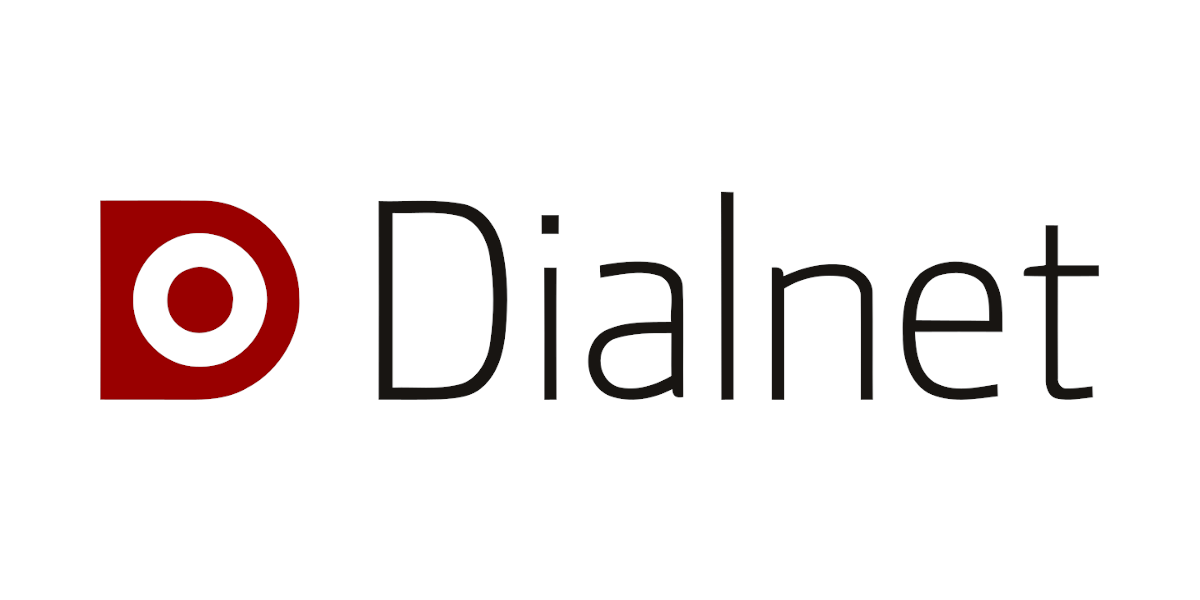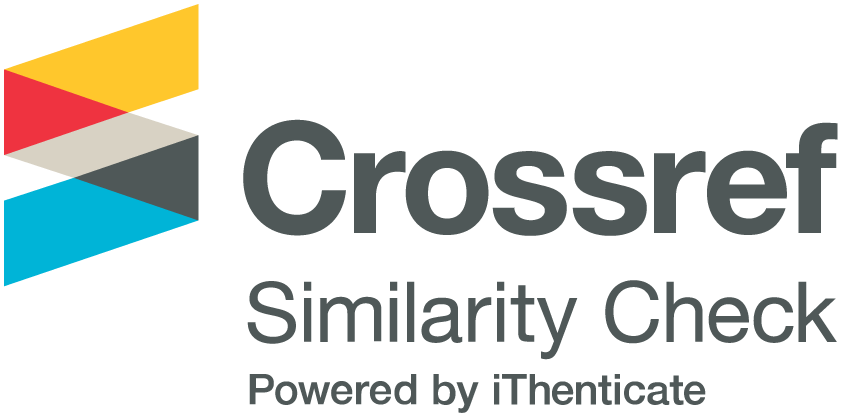Ethical declaration of the publication
The Andalusian Public Foundation Centro de Estudios Andaluces declares its commitment to assume and promote an action based on ethical criteria in its scientific publications in the fields of Social Sciences and Humanities in general, as well as in the CENTRA Journal of Social Sciences in particular. All of this is in accordance with the criteria established by the Committee on Publication Ethics (COPE) and published on its website (http://publicationethics.org) and which affects the four corners of scientific communication: Editorial Managers, Editorial Board, Authors and Evaluators.
Editorial Managers
The President, Director, Editor and Editorial Coordinator of the Editorial Board of the CENTRA Journal of Social Sciences assume the following commitments and obligations that are included in the following decalogue:
1. Promote universalism in the management and evaluation of all texts received for eventual publication in any of the journal's sections. Under no circumstances will they engage in any activity that would constitute any discrimination against the texts or their authors for social, political, ideological, religious, ethnic, or any other non-universalist reasons.
2. Ensure that all decisions regarding the publication or rejection of received texts must be reasoned and based on the aforementioned principles of universality and independence of judgment, and must emanate from strict adherence to the evaluation procedures and writing standards published on the CENTRA Journal of Social Sciences website.
3. Declare any conflict of interest they may have regarding texts and authors that involve kinship, friendship, or manifest enmity, whether they are part of the same research group or have collaborated on publications in the last five years. Such conflict will result in their abstention from the processing of these texts, with another editorial manager or another member of the Editorial Board taking responsability of this task. This process must be completely confidential to the person affected by the conflict of interest.
4. Maintain confidentiality and not make public the data and information obtained from texts and authors in the performance of their duties, as well as not use them for the benefit of their own manuscripts or in any other form of scientific production until they have been published and can be cited in accordance with the principles of scientific communication.
5. Guarantee the intellectual property rights that authors hold over the texts submitted to the journal, in accordance with what is indicated in the copyright and CC license section of this same Editorial Policy section.
6. Develop a proactive and vigilant attitude toward publishing malpractice that may be identified at any time during the editorial process, as expressly detailed in the section specifically dedicated to this issue in this same section of the Editorial Policy.
7. Defend the independence of the Editorial Board, authors, and reviewers in their own judgments and opinions, ensuring a reasoned and coherently argued response to any questions raised by the various parties involved.
8. Establish a fluid and open relationship with the rest of the Editorial Board, maintaining an open and proactive attitude with the members of the Editorial Board. In this regard, they will report, in full detail and transparency, on the decisions made during their duties, both during the regular sessions of the editorial boards, which will be held at least biannually, and at the specific request of any of the members of the Editorial Board.
9. Carry out their work with the necessary dedication that their editorial responsibility requires, ensuring at all times that all the precepts of the journal's editorial policy in general are complied with, and especially those referring to the ethical declaration, initiatives against malpractice and the promotion of gender equality, as well as everything established in the submission and evaluation procedures.
10. Refrain from publishing, either as sole or co-author, in any section of the journal, except in the presentation and editorial introduction of the topics included in the Debates section, and always in an extraordinary manner and linked to their area of specialization in the topic chosen by the Editorial Board for this Debates section. This requirement explicitly extends to all members of the Editorial Board.
Editorial Board
All members of the Editorial Board will uphold, when appropriate, the previous ethical canon of the editorial managers, and additionally will also have the following commitments and obligations:
1. Act as guarantors and notaries that the previous decalogue of principles is assumed by the editorial managers, as well as of compliance with everything stated in this Ethical Declaration, and of the initiatives that may be taken in accordance with what is indicated in the sections of Policy on malpractice and detection of plagiarism, Policy on typos, corrections and retractions, Policies regarding the use of Artificial Intelligence and Editorial practices in gender equality, which may eventually arise at any time during the editorial process.
2. Assist the editorial managers in decisions on whether or not to publish the texts submitted in general, and especially when they are required for this purpose in specific cases of evaluation and punctual discussion.
3. Promote and participate in editorial initiatives related to topics and authors considered valuable for improving the quality of the journal, with special attention to the Debates section.
4. Demand that editorial managers provide details and specifics of the various decisions made between the various editorial board meetings, and especially those related to their actions in the event of malpractice being identified at any point in the editorial process.
5. Attend editorial board meetings in person or virtually and actively participate in them.
Authors
With regard to the authors of texts submitted to the CENTRA Journal of Social Sciences, they are obligated to respect the following ten principles. Authors will assume any consequences that may arise from non-compliance. The journal will inform its readers of any violation of these principles when it deems appropriate and may even retract a published text when the case is particularly serious, in accordance with the provisions set forth in the sections dedicated to Policy on Malpractice and Plagiarism Detection, Policy on Errata, Corrections, and Retractions, and Policy Regarding the Use of Artificial Intelligence.
Specifically, the authors' commitments and obligations are as follows:
1. Assume and respect the ethical principles of scientific research and publication in the submitted text, carrying out their work honestly and avoiding dishonest practices such as: (i) fraud involving the falsification, fabrication, or manipulation of data, arguments, citations, or bibliography; (ii) plagiarism in its various forms and variants, such as using ideas, employing a series of words, detailing works, or presenting data from another source without specifically citing the individuals who previously published or distributed them, and the previous and original sources; (iii) as well as co-authorship conflicts, respecting the rights of other co-authors in all cases, and also avoiding the inclusion of individuals without real participation in the writing process of the text and the research that supports it (fictitious authorship).
2. Submit unpublished and original texts in their entirety. Republishing previously published texts, in whole or in part, by the author, redundant publications on the same topic with few variations, as well as multiple submissions by the same author on the same topic or its various variants, are also considered dishonest practices.
3. Avoid the practice of having a text submitted to the CENTRA Journal of Social Sciences for eventual publication simultaneously sent to another journal or publisher. The journal does accept texts that have been previously rejected by other journals or publishers, but only if they have received a final evaluation judgment before submitting them to our journal. Texts that have previously been withdrawn by the author from another journal or publisher will also be accepted, provided there is explicit evidence of such a decision.
4. Obtain prior consent from their respective sources regarding the publication of texts, figures, photos or tables from other publications. The authors will be responsible for any conflict arising from their publication and will be responsible for obtaining such permissions, as well as having the obligation to reference the source consulted.
5. Scrupulously respect and adhere to the journal's general rules and the editorial rules in particular, and strictly adhere to the procedure for submitting their texts to the journal. Particular attention must be paid to strictly following the general editorial rules, as well as to the correct citation of all bibliographic sources and data provided in particular.
6. Obtain informed consent from all persons involved in the case that the submitted text includes works in which people participate as subjects of the research. In said consent, these persons will be informed of the objectives of the research, of the dissemination of the results, and will be assured of the confidentiality of their personal data.
7. Cite, if applicable, the direct or indirect source of funding for the work and research reflected in the submitted text. You must also state any other personal circumstances that may substantively or contextually affect the text submitted to the journal, including the use of artificial intelligence. All these aspects must be indicated at the end of the text and before the bibliographic list.
8. To the extent that the published text uses primary data obtained through empirical research, it is advisable for the authors to have deposited these data in an open-access repository or database that meets the requirements of being findable, accessible, interoperable, and reusable (FAIR). If this recommendation has been followed, this information should appear at the end of the text and before the bibliographic references. The name and web address of the repository or database, as well as the means of identifying the data in question, must be indicated. The Center for Andalusian Studies Foundation (CENTRA) has a community on Zenodo (https://zenodo.org/communities/fcentra/), a general-purpose open-access repository developed under the European OpenAIRE program and operated by CERN. The journal's Technical Team will be able to provide support and guidance if you wish to deposit in our Zenodo community. Furthermore, information about other repositories can be found at the Web address https://www.re3data.org
9. Expressly inform the editors if their text or its authorship poses any type of conflict of interest related to the development of the research or its eventual publication. In this regard, the authors may also inform the editors, through reasoned arguments, of any colleagues they believe to have animosity toward them and their work, and who could infer from reading the text its authorship.
10. Inform the editors of any inaccuracies, errors, or problems that arise in relation to the submitted text, both during the evaluation process and, if applicable, once the text has been published. In this regard, they must also acknowledge any instructions from the editors regarding the need to correct errors or, in more serious cases, correct the text they wrote, writing a note explaining the changes made.
Reviewers
The reviewers of the CENTRA Journal of Social Sciences, like the rest of the people involved in the editorial process, must also assume the ethical canon of the journal and very particularly the commitments and obligations that are framed in the following decalogue:
1. Follow, in all cases, a strict criterion of universalism in their judgments and arguments about the texts they evaluate, avoiding merely subjective and disqualifying judgments of a non-scientific or personal nature. They will also avoid revealing their identity, expressly or tacitly, in the evaluation text they write.
2. Follow the instructions established in the evaluation template they receive, preparing their report in a detailed and scrupulous manner, avoiding generalities, brief arguments, incoherent and inconclusive judgments.
3. Provide any comments and suggestions to the editorial managers, and especially to the journal editor, that they consider relevant regarding the text received and that are not included in the evaluation template, especially those included in the sections on Policy on Malpractice and Plagiarism Detection, as well as in the Policy on the Use of Artificial Intelligence. This is always needed for the successful completion of the evaluation process. They must also be receptive to any suggestions from the editorial managers that seek to improve the quality of the evaluation they are required to perform.
4. Inform the editorial managers or the technical team of any aspects that may have allowed them to identify the author of the text, given that the evaluation procedure follows the peer-review and double-blind system.
5. In the event that they have identified the author, or even without expressly identifying him, they can clearly intuit the possible authorship of the text received for evaluation, and that all this entails some type of conflict of interest between evaluator and author in accordance with what is indicated in the section dedicated to malpractice, they must immediately inform the editorial managers or the technical team and refrain from carrying out the evaluation.
6. Respect the principle of confidentiality at all times, even after the text has been rejected or published, without publicly or privately disclosing any data or information about the evaluation process, including revealing the evaluator's own identity.
7. Refrain from using the information received during the text evaluation process for personal academic purposes, whether for oneself or for third parties, until those texts have been published in a scientific communication medium. In this regard, any information used must be taken exclusively from the final published text.
8. Delete from personal computers and under no circumstances disclose to third parties all text and material received to carry out the evaluation, whether or not the received text is evaluated.
9. Agree to have their names published biennially on the journal's website. Under no circumstances will this publication link their names to the texts submitted for review, nor to the judgments or decisions made.
10. Carry out the evaluation within the deadlines established by the editorial managers, who will always guarantee a reasonable period of time for this task to be carried out with sufficient and necessary time to ensure a quality evaluation.









